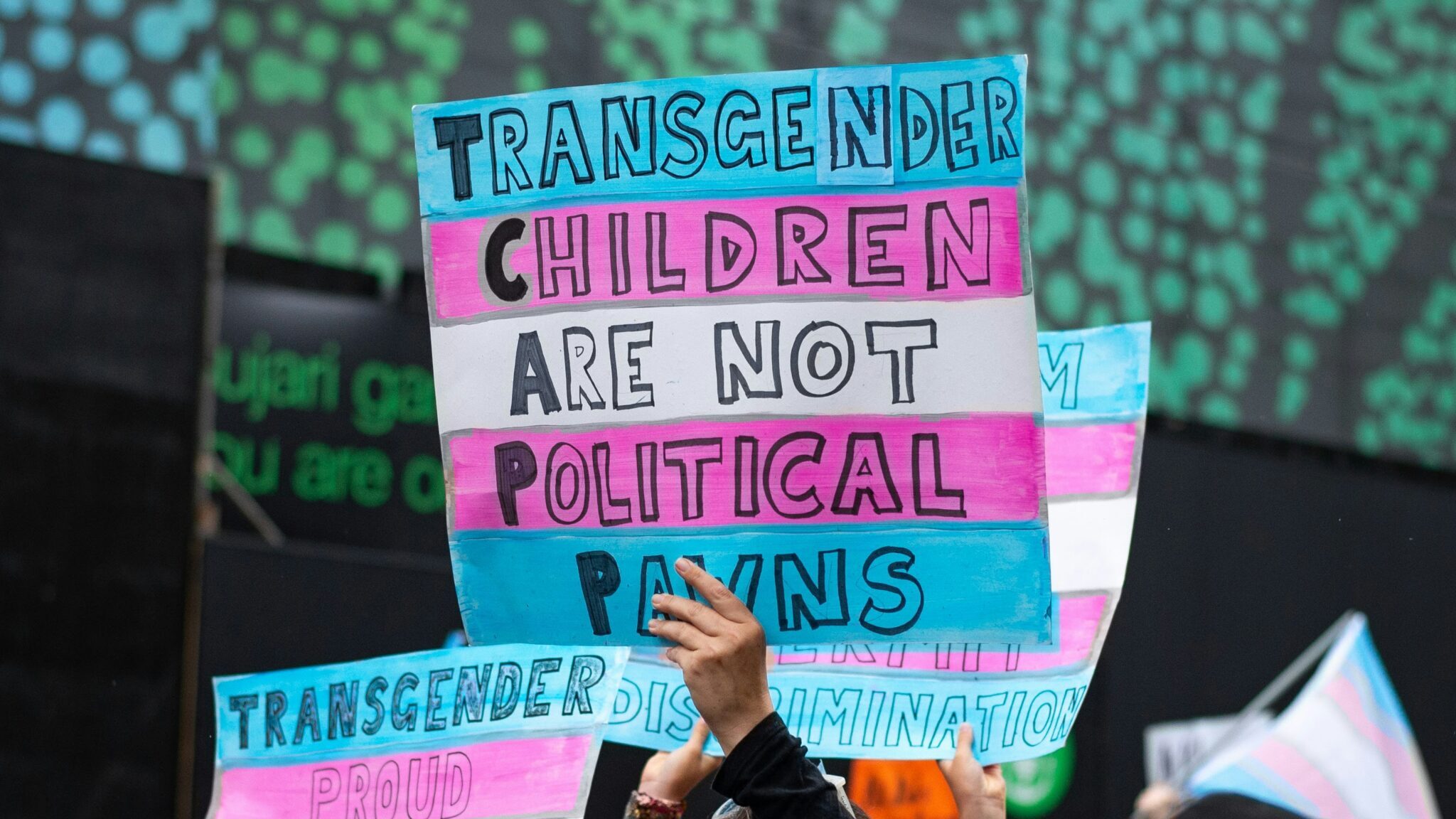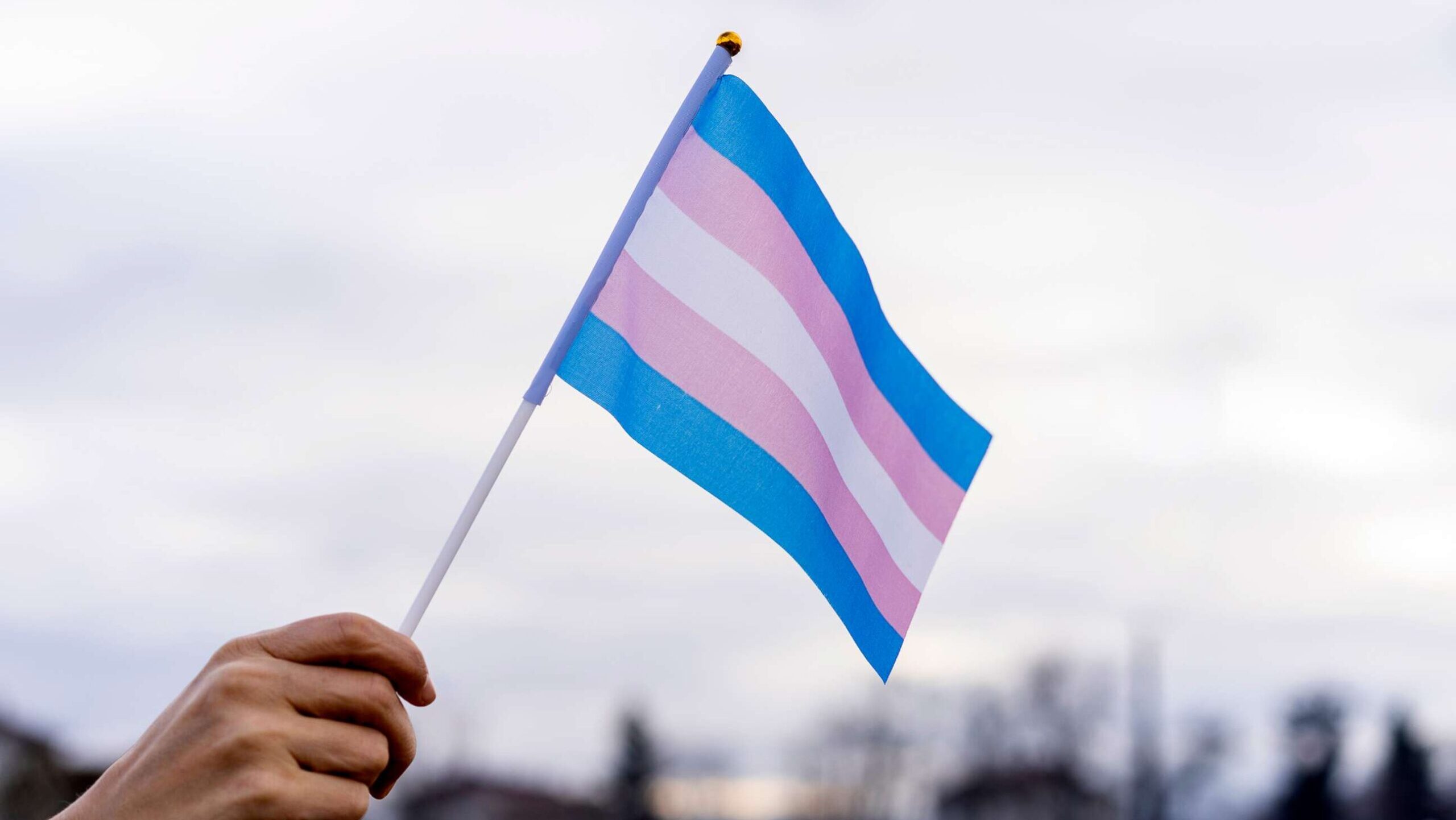Story at a glance
- A quarter of transgender adults in the U.S. are facing food insufficiency, according to a new report, compared to just 8 percent of cisgender adults.
- Nearly six times as many transgender people of color experienced food insufficiency at some point during the summer or early fall compared to white transgender people.
- Nearly half of transgender people said they had difficulty paying usual household expenses like food and rent.
A quarter of transgender adults in the U.S. are likely to face food insufficiency, according to a report by the Williams Institute – a rate three times higher than cisgender people.
Using data from the Census Bureau’s latest Household Pulse Survey, which collected responses between June and October, researchers found 25 percent of transgender people experienced food insufficiency compared to just 8 percent of cisgender people.
Food insufficiency in the study was defined as sometimes or often not having enough to eat in the last 7 days.
Researchers at the Williams Institute found nearly six times as many transgender people of color as white transgender people experienced food insufficiency at some point during the summer or early fall. For the more than 30 percent of transgender adults living below the federal poverty level, having enough to eat was also a frequent struggle.
Nearly half of transgender people reported difficulty paying for usual household expenses like food and rent.
Outside of affordability, transgender people were more than twice as likely as cisgender people to face additional barriers in accessing food. Twenty-two percent of transgender adults said they could not access food because of safety concerns, according to the report.
“Transgender people face high rates of poverty, and the COVID-19 pandemic has had a disproportionate economic impact on LGBT people,” lead author and Research Director at the Williams Institute, Kerith J. Conron, told the Los Angeles Blade. “The commonality of food insufficiency among transgender people shows how critical it is to ensure access to jobs that pay livable wages and to improve access to food resources for this highly marginalized population.”
Transgender people were more likely to rely on food resources, including food banks and SNAP, compared to cisgender people. About a third of transgender adults who met the income requirement for SNAP eligibiltiy were enrolled in the program, according to the report.
The post appeared first on TheHill




